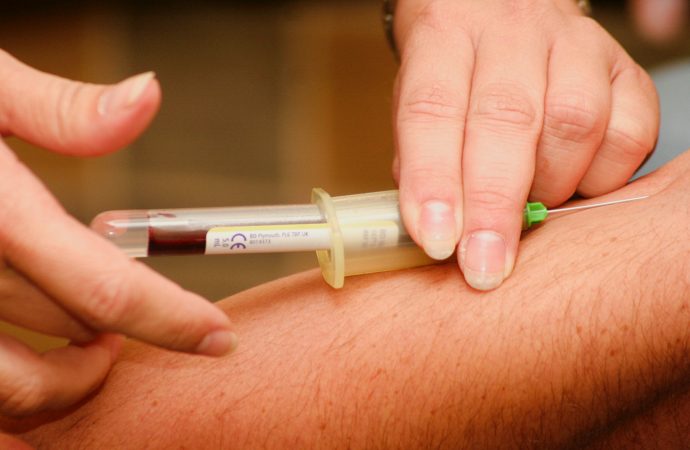The advent of quick cancer blood tests has ignited both hope and concern in the medical community. These innovative diagnostic tools offer the potential for faster and less invasive cancer detection, leading to improved patient outcomes. However, as the popularity of these tests grows, questions arise about their accuracy, reliability, and ethical implications. In this
The advent of quick cancer blood tests has ignited both hope and concern in the medical community. These innovative diagnostic tools offer the potential for faster and less invasive cancer detection, leading to improved patient outcomes. However, as the popularity of these tests grows, questions arise about their accuracy, reliability, and ethical implications. In this article, we delve into the promises, risks, and ethical considerations associated with quick cancer blood tests.
Traditionally, cancer diagnosis has relied on invasive procedures such as tissue biopsies, which can be time-consuming, costly, and uncomfortable for patients. Quick cancer blood tests aim to overcome these limitations by using a simple blood sample to identify cancer-related biomarkers and genetic alterations. The convenience and non-invasive nature of these tests have captured the attention of researchers, clinicians, and patients alike.
One of the key advantages of quick cancer blood tests is their potential to detect cancer at an early stage, when treatment options are most effective. By analyzing specific markers or genetic mutations associated with cancer, these tests can provide valuable insights into an individual’s risk of developing cancer or the presence of cancer cells in the body. Early detection can significantly improve survival rates and enable timely intervention and personalized treatment strategies.
Moreover, quick cancer blood tests offer the promise of monitoring treatment response and disease progression. By analyzing circulating tumor DNA or other cancer-related markers, these tests can provide real-time information about a patient’s response to therapy. This enables healthcare providers to make informed decisions regarding treatment adjustments, leading to more precise and effective care.
While the potential benefits of quick cancer blood tests are compelling, concerns about their accuracy and reliability loom large. Ensuring that these tests deliver consistent and reproducible results is paramount for their widespread adoption. Rigorous clinical validation studies are needed to establish the sensitivity, specificity, and overall performance of these tests across diverse patient populations.
Ethical considerations also come into play when discussing quick cancer blood tests. False-positive or false-negative results can lead to unnecessary invasive procedures or delayed diagnoses, potentially compromising patient well-being. Additionally, ensuring equitable access and affordability of these tests for all patients, regardless of socioeconomic status, is crucial to avoid exacerbating existing healthcare disparities.
Regulatory oversight is another crucial aspect. As quick cancer blood tests enter the clinical realm, regulatory bodies must establish clear guidelines and standards to ensure the quality and safety of these diagnostic tools. Collaboration between researchers, clinicians, and regulatory agencies is essential to establish robust regulatory frameworks that prioritize patient well-being and safeguard against potential harm.
Despite the challenges and ethical considerations, quick cancer blood tests hold promise for the future of cancer diagnosis and treatment. Preliminary studies have shown encouraging results in various cancer types, offering hope for improved patient outcomes. However, continued research and technological advancements are necessary to enhance the accuracy, reliability, and overall performance of these tests.
In conclusion, quick cancer blood tests represent a promising tool in the fight against cancer. Their potential for early detection, treatment monitoring, and personalized care has garnered significant attention. However, it is vital to address concerns about accuracy, reliability, ethical considerations, and regulatory oversight to ensure the responsible integration of these tests into clinical practice.
As researchers, clinicians, and regulatory bodies collaborate to address these challenges, the future holds great potential for quick cancer blood tests to enhance cancer care. By striking a delicate balance between innovation and patient safety, we can harness the benefits of these diagnostic tools while navigating the potential risks, ultimately improving the lives of those affected by cancer.

















Leave a Comment
Your email address will not be published. Required fields are marked with *